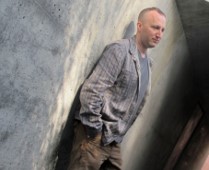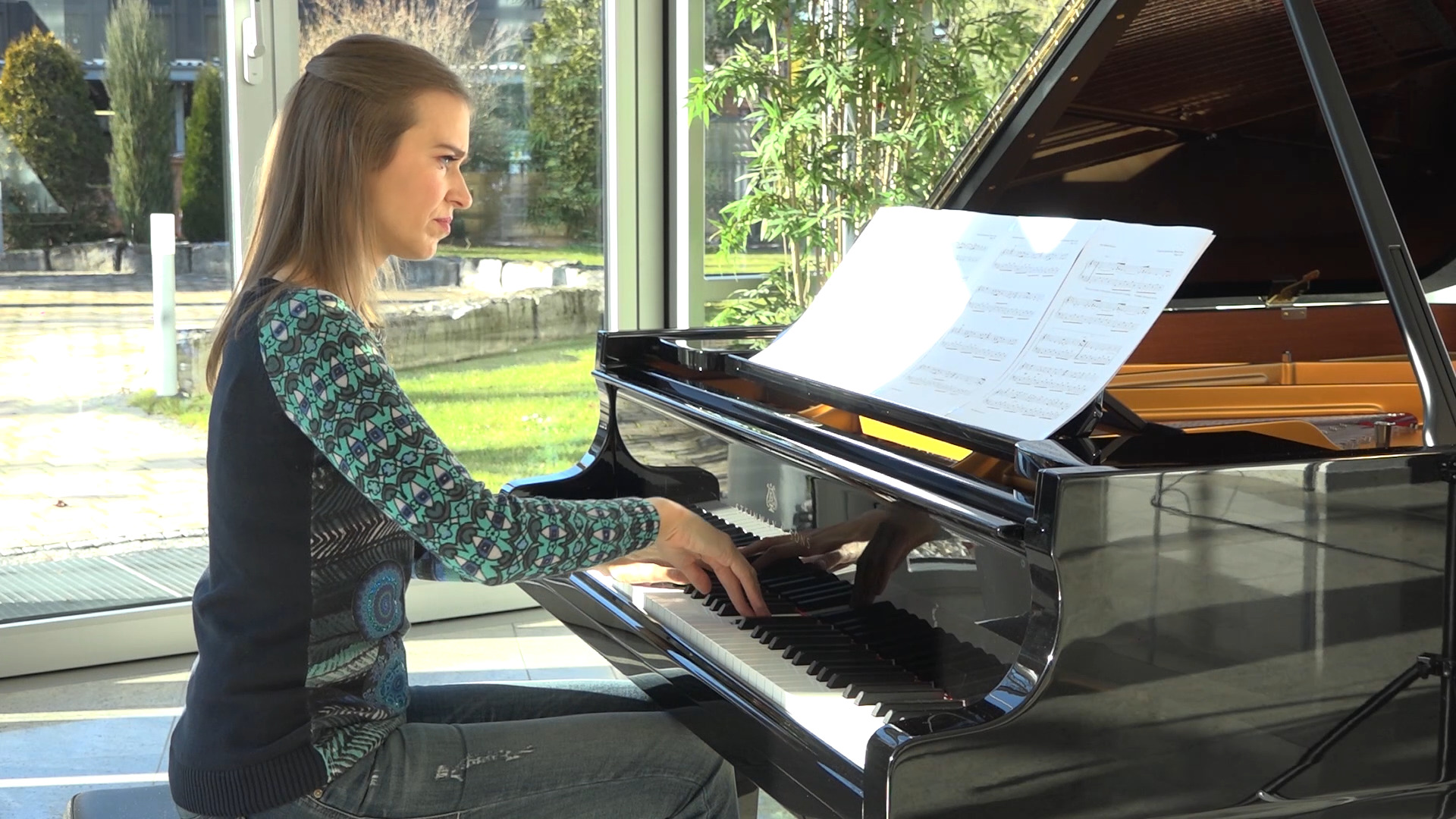About
pianist, composer and soundtracks producer in San Francisco, influenced by Sting, George Winston, Hans Zimmer and Andreas Vollenweider. His works have been heard in the award winning QUELL app, Animal Planet, CBS, CNN, NBC, Matchroom Sport (UK) and more.
More About the Artist
By Heath Andrews
“The most significant thing that could happen with my music on a broad scale is for it to help people feel whole, reduce stress and contribute to peace.” This heartfelt wish from pianist Steven Cravis is made from the same love and respect for the human spirit that permeates his musical works.
Originally from Massachusetts, Steven Cravis began taking piano lessons at the age of seven. He would later continue his musical journey by studying piano performance at the Berklee College of Music in Boston. The last two decades have seen Steven release several albums of his peace inspiring, solo piano work including 1992’s True Reflections and 1995’s The Sound of Light. His work, a combination of New Age and Meditational Jazz, can be compared to the works of Jim Brickman, George Winston and Yanni. The release of numerous singles and the further development of his meditational songwriting have culminated in the release of his 2010 album, Healing Piano.

